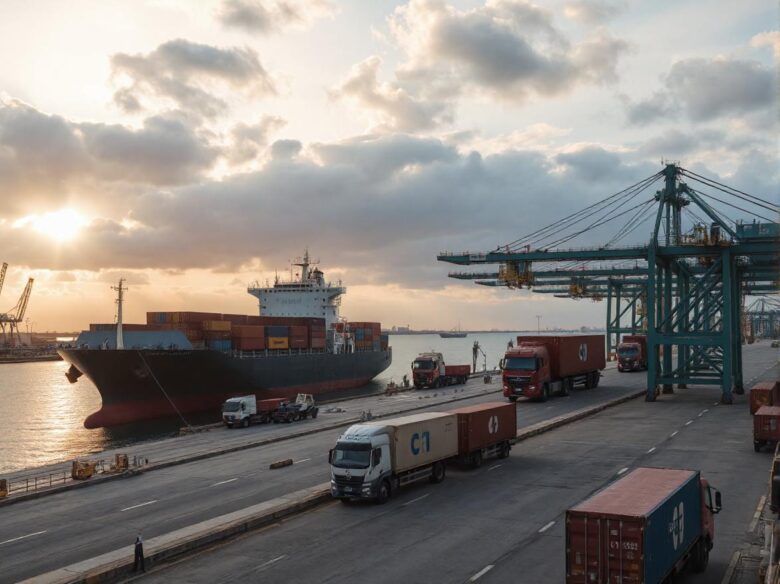In today’s fast-paced business environment, effective logistics management has become crucial for companies looking to maintain their competitive edge. Strategic logistics involves planning, implementing, and controlling the efficient flow of goods, services, and related information from the point of origin to the point of consumption. Understanding how to optimize these processes can significantly impact a company’s bottom line and customer satisfaction.
The Role of Logistics Agencies
Logistics agencies serve as specialized partners that help businesses streamline their supply chain operations. The great thing about a logistics agency is that it brings expertise, resources, and established networks to handle various aspects of the transportation and storage process. By leveraging their knowledge and connections, companies can focus on their core business activities while ensuring their products reach customers efficiently.
Key benefits of partnering with a logistics agency include:
- Access to established carrier networks and relationships, allowing for better rates and more reliable service options across different transportation modes and regions
- Advanced technology solutions for tracking shipments, managing inventory, and analyzing data to identify areas for improvement in the supply chain
- Scalable resources that can adapt to seasonal fluctuations or sudden changes in demand without requiring significant internal infrastructure investments
Cost Optimization Through Strategic Planning
Strategic logistics planning helps identify opportunities to reduce expenses throughout the supply chain. Companies can make informed decisions about inventory levels, transportation methods, and warehouse locations by analyzing historical data and current market conditions. This systematic approach helps eliminate unnecessary costs while maintaining service quality.
Warehouse locations play a crucial role in cost reduction. Positioning distribution centers closer to major customer bases or transportation hubs can significantly decrease transportation expenses and delivery times. Additionally, implementing cross-docking practices can minimize storage costs and reduce the time products spend in warehouses.
Technology Integration and Automation
Modern logistics operations rely heavily on technology to improve efficiency and reduce human error. Warehouse management systems, transportation management software, and real-time tracking solutions provide visibility across the entire supply chain. These tools enable better decision-making and help identify potential issues before they cause significant disruptions.
Supply Chain Optimization
Supply chain optimization requires a comprehensive analysis of each operational component to maximize efficiency and minimize waste. Companies that implement strategic optimization measures often see significant improvements in both cost savings and service levels. Key areas of focus include:
- Transportation network design and carrier selection processes, including evaluation of multimodal options and consolidation opportunities to reduce overall shipping costs and transit times
- Inventory management strategies that balance carrying costs with service level requirements, incorporating demand forecasting and safety stock optimization
- Warehouse operations and layout optimization to improve picking efficiency, reduce handling costs, and maximize space utilization in distribution centers
- Supplier relationship management and procurement strategies to ensure reliable supply, competitive pricing, and quality consistency across the network
Regular monitoring and adjustment of these optimization initiatives ensure continuous improvement and sustained performance gains. Companies that maintain a proactive approach to supply chain optimization often discover additional opportunities for efficiency improvements as their operations evolve.
Conclusion
Strategic logistics management offers significant benefits for businesses seeking to improve their operational efficiency and reduce costs. By partnering with logistics agencies, implementing technology solutions, and maintaining flexible contingency plans, companies can build resilient supply chains that adapt to changing market conditions. The investment in strategic logistics typically pays for itself through reduced operating costs, improved customer satisfaction, and increased competitive advantage in the marketplace.













Leave a Reply